JAD heads north with Angus bulls for inaugural Queensland sale
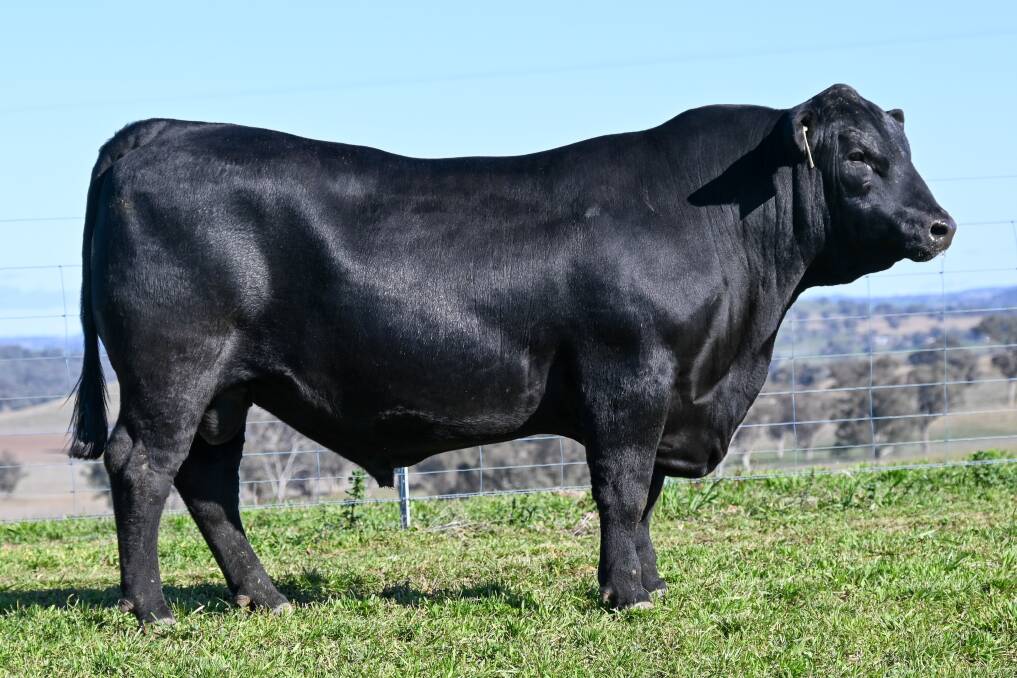
This is branded content for JAD Speckle Park
Less than a decade since its launch, JAD Speckle Park has become one of the country's leading Speckle Park studs.
The stud's commercial focus and strict selection process has hit the right note with producers, with a significantly high percentage of large-scale repeat clients turning to JAD.
In 2020, JAD expanded its stud to include Angus, with a focus on "form and function" consistent across both breeds.
"We focus on breeding for lasting performance - bulls that last beyond one or two seasons, as has become all too common within the industry these days," stud principal Justin Dickens said.
Now, with six annual autumn sales under its belt, JAD is heading north, holding its inaugural Queensland sale at Rolleston in Central Queensland on August 2.
Mr Dickens says they have existing clients from central Queensland who have encouraged them to bring their bulls north.
"We will be offering approximately 40 bulls at the inaugural sale, and this will include our entire draft of Angus bulls," he said.
Stud foundations
Mr Dickens and his wife and Amy run JAD on 1206 hectares at Yeoval, in the NSW Central West, along with their two sons Jack, 10 and Mitchell, 9.
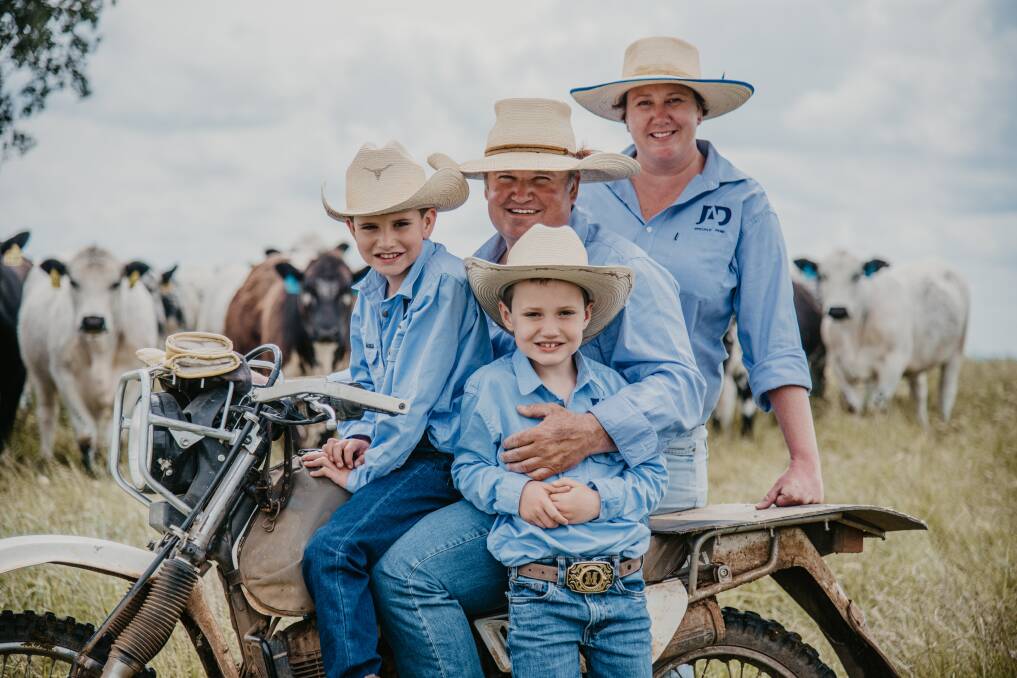
After purchasing their first property, they began with a livestock trading business, which they ran after work and on weekends as they continued in full-time jobs.
There were no plans for a stud initially, but one breed kept catching their attention.
"The hardiness of Speckle Park stood out; they were good maternally, they had a really good early maturity pattern - and then we started eating the beef, and that was really the straw that broke the camel's back," Mrs Dickens said.
In 2016, after they sold PTIC commercial heifers for an Australian record of $5800, they were able to take the next step, buying 140 embryos out of Canada to start JAD Speckle Park.
The JAD team has since transferred more than 3000 embryos to rapidly grow the stud with the best quality genetics from around the world, sourced on the back of several trips to Canada and New Zealand to inspect sires and dams. The stud now comprises about 500 stud and recipient cows.
Sale successes
JAD Speckle Park hit the ground running with their debut auction in 2019, setting a world record when they sold a black Speckle Park bull for $23,000 and achieved the best Speckle Park stud bull average of the year.
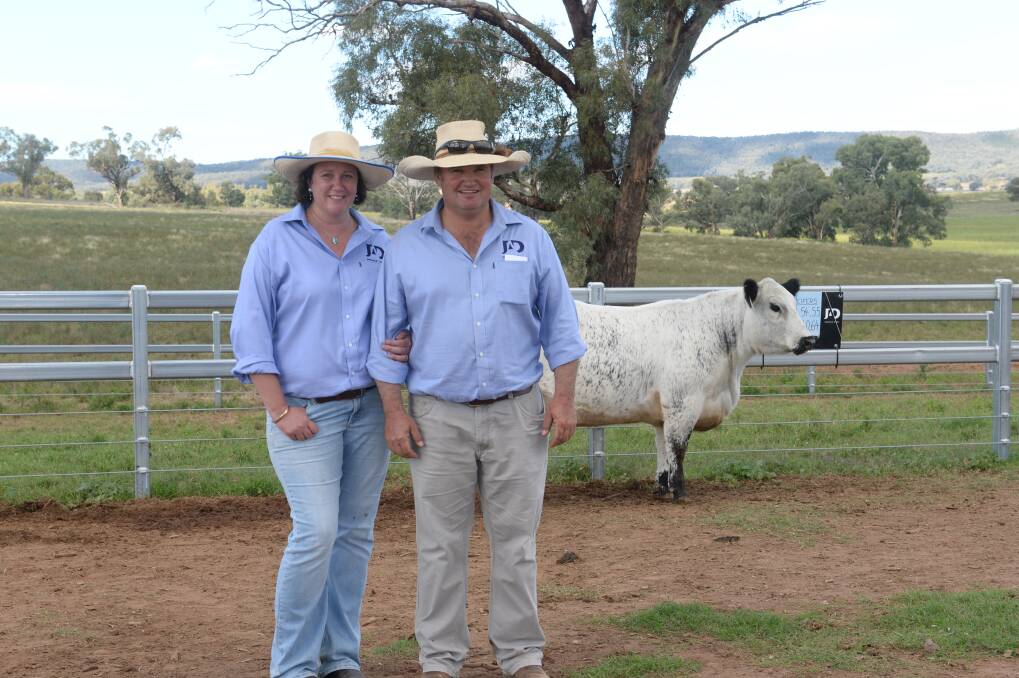
In 2021, they set an Australasian record for a purebred registered Speckle Park heifer at $40,000, and in 2022, their stud bulls averaged $23,000 to set a world record Speckle Park bull sale average.
"While the records have been a wonderful endorsement of what we're trying to achieve within our program, what makes us most proud is the high percentage of repeat bull buyers who support us each year, which it tells us our breeding objectives are on the right track," Mrs Dickens said.
"We introduced Angus in 2020 to benchmark the breed alongside Speckle Park, with Justin having previously managed a commercial Angus herd.
"Our breeding objectives and the 'type' we are breeding towards is consistent across both breeds.
"We want highly fertile, early-maturing, easy-fleshing cattle that thrive under commercial conditions, progeny that will slot into any market, and we want docile bulls that last, so they must be structurally correct."
Speckle advantage
Mr Dickens said they have never felt more passionate about the Speckle Park breed and its suitability to the Australian beef industry.
"We want to maintain the inherent strong points of this breed, being a moderate-framed cow that is highly efficient and hardy," Mr Dickens said.
When it comes to proving the advantages of the Speckle Park breed for producers, the Dickens family have put their money where their mouth is.
Last year, to demonstrate the breed's excellent feed conversion rates, they custom-fed 168 first-cross Speckle Park-cross steers at Ravensworth Feedlot, Hay.
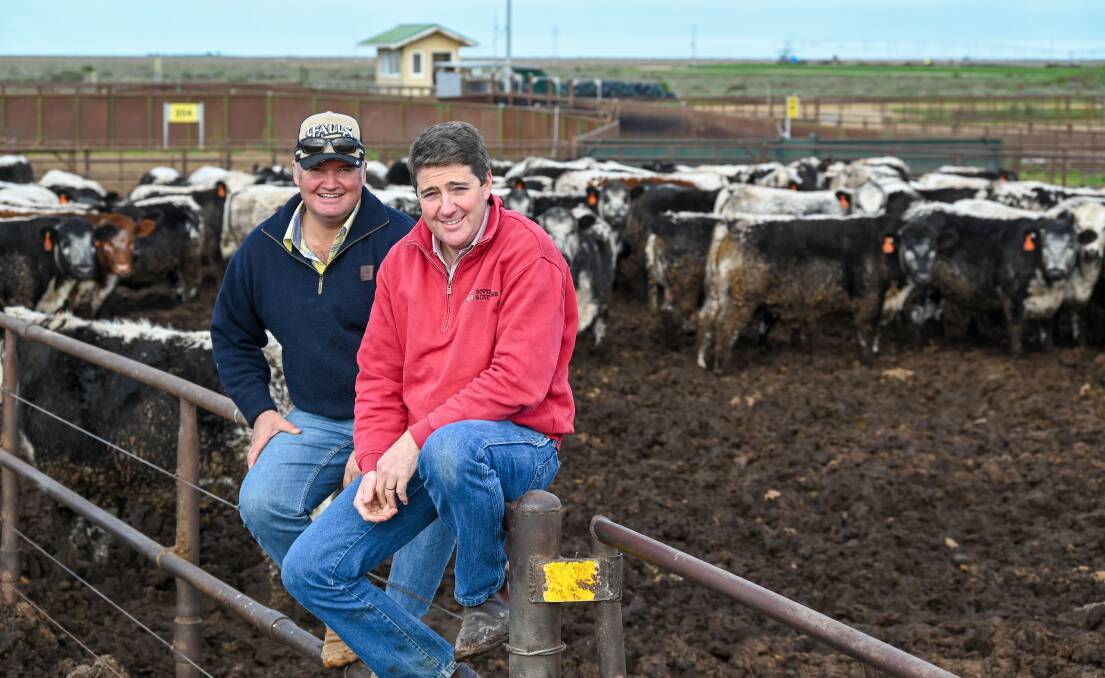
"After 173 days on feed, they averaged 682 kg on exit, and converted at 5.78:1 with a 1.65kg per day average daily weight gain (ADG) from induction weight," Mr Dickens said.
"Of the 1466 Angus steers fed at the same feedlot, over the same period, they converted at 6.64:1 with a 1.73kg/day ADG from induction."
Mr Dickens said that difference of 0.86:1 feed conversion rate over 173 days equated to a feed saving of 24,995 kg, totalling $11,247, or $66.96 per head.
"Feed efficiency is key to a profitable enterprise and Speckle Park cows are efficient producers, with their more moderate mature cow weight and efficient conversion allowing producers to run more cows per hectare and wean more kilograms of beef per hectare," he said.
Eating quality
The Dickens family also invested close to $40,000 in meat research last year with the University of Newcastle.
Live muscle biopsies from 50 yearling 2022-drop stud animals - 25 bulls and 25 heifers - were analysed for intramuscular fat (IMF) content, fat melting point (FMP), and omega-3 long-chain polyunsaturated fatty acids (PUFAs).
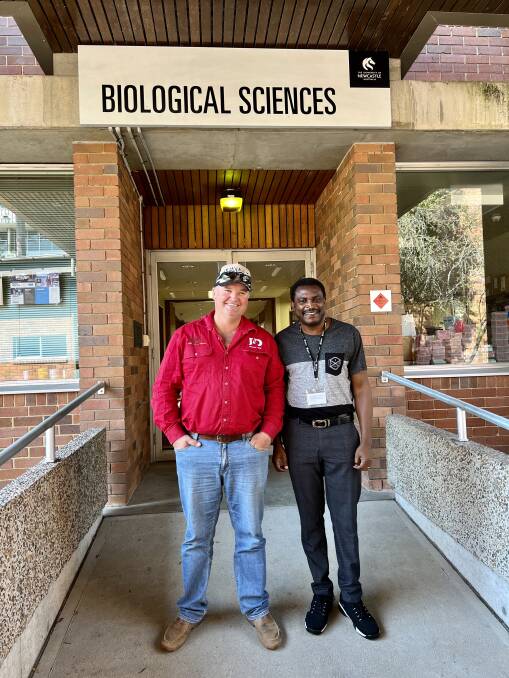
Overall, the samples came in with a low melting point average of 37.4 degrees for the females and 43.4 degrees for the males, with one sample recording a fat melting point of just 29.3 degrees - about the lowest recorded from animals of that age in that particular lab, across breeds, Mr Dickens said.
When it came to omega-3 long-chain polyunsaturated fatty acids, 11 samples exceeded "source" levels of 30mg per 100g of tissue.
"Fish is normally the richest source of omega-3 long chain PUFAs, while beef has minimal levels," Mr Dickens said.
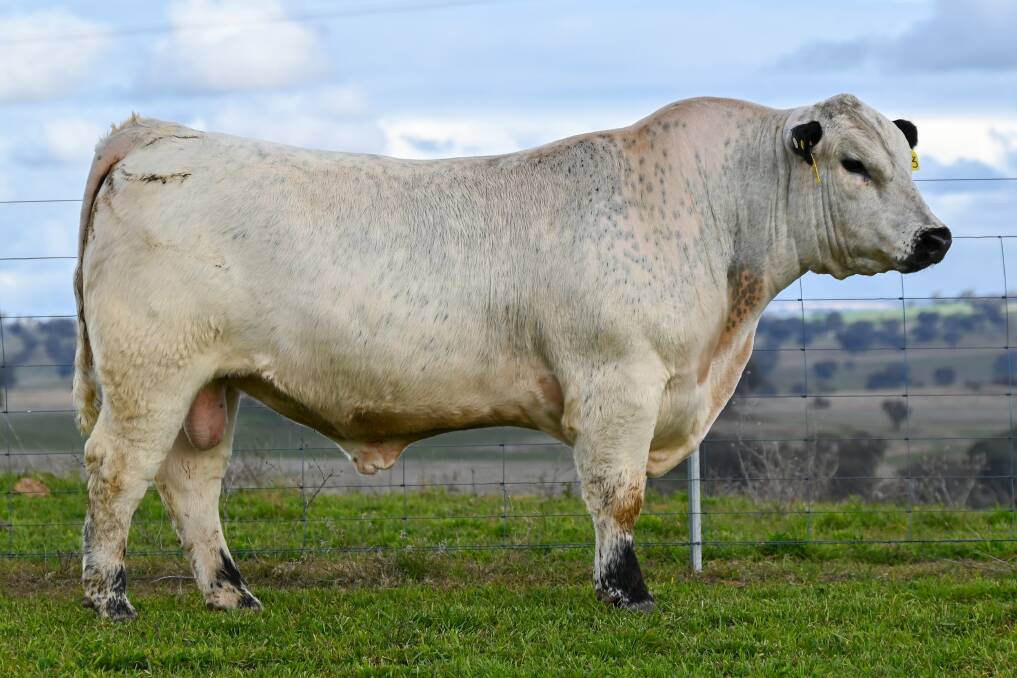
"We are already using the information from this research in our breeding decisions and will continue to invest in this type of research going forward.
"With the ever-increasing cost of production of beef, it's essential we focus on producing a high-quality, luxury product. Even in a first-cross, Speckle Park delivers a consistently outstanding eating experience."
- The inaugural JAD Speckle Park and Angus bull sale will be held Friday August 2 at Rolleston. Contact Justin Dickens on 0427 012 284 or Amy Dickens 0427 464 333.
This is branded content for JAD Speckle Park


